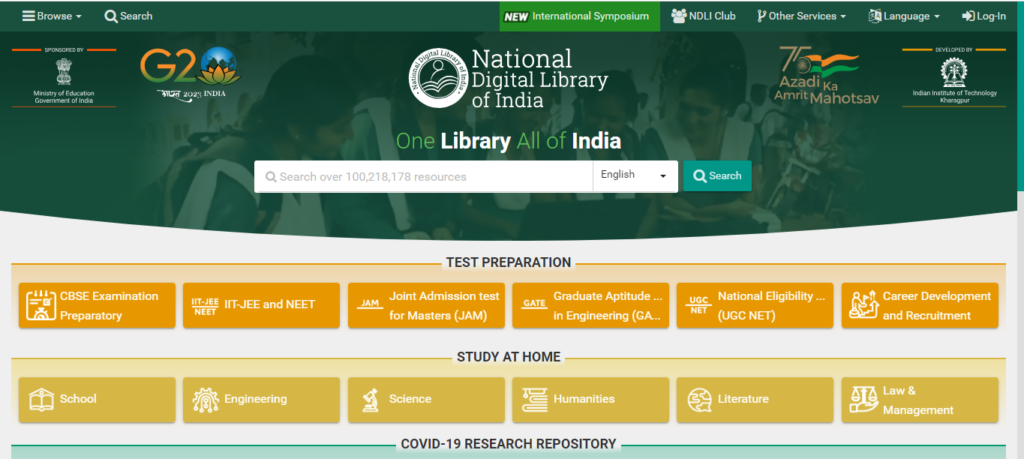
Well-known digital library JSTOR offers a wide range of academic material, including books, journals, and original sources. Founded in 1995, the library is a non-profit organization dedicated to promoting academic research and instruction.
The Indian Academy of Sciences, the Indian Institute of Science Education and Research, and the Indian Council of Historical Research are just a few of the Indian institutions with which it maintains collaborations. Through these collaborations, JSTOR is able to provide regional content that is easily accessed by academics and researchers throughout India.
More than 12 million scholarly books, journals, and primary sources from a variety of fields, including the humanities, social sciences, and sciences, are available in JSTOR’s collection.
The platform’s robust search engine makes it easy for users to locate pertinent articles and resources fast. It is intended to promote academic study. In addition, JSTOR offers tools for managing and analyzing research, such as bibliographic management, citation monitoring, and article sharing and saving.
Both individuals and institutions have access to the library, and its content can be accessed through pay-per-view or subscription options. Academic institutions can choose from a range of subscription options offered by JSTOR, including access to the full archive or particular subject collections.
JSTOR is also available to individual scholars on a monthly or annual basis. For those who cannot afford to access JSTOR’s content, the organization also provides the Register & Read program, which enables users to read a certain number of articles online for free each month.
Website link: JSTOR
Read More:
Author
-
Hey, I am Ramesha a Librarian and Blogger by Passion and the Founder of Digilibtech. Digilibtech is a Jobs and Exams News Portal that Provides Latest Jobs News and Here We will Provide you with Learning Content. And Also Learning Material About Library and Information Science, KVS Exam, and the NET Exam.
View all posts












